The Shadow in the System: A Tale of Breach and Betrayal
In a world where secrets are currency, and security is paramount, a shocking revelation has left the nation reeling. Dominic Cummings, former chief advisor to Prime Minister Boris Johnson, has made a bombshell claim that China breached high-level systems used by the UK government to transfer sensitive information. The Cabinet Office has swiftly rejected this assertion, but the implications of such a breach are too great to ignore.
As we delve into the world of espionage and counter-intelligence, it's essential to understand the context behind Cummings' allegations. Strap material, a classification for highly sensitive intelligence data, is at the heart of this controversy. This information is so critical that even hinting at its existence can have far-reaching consequences. The National Security Secretariat in the Cabinet Office, responsible for safeguarding such secrets, has been implicated in the alleged breach.
Cummings' account paints a picture of a room filled with stunned officials, including Johnson himself, as they grappled with the enormity of the situation. "It was so bizarre that... not just Boris, a few people in the room were looking around like this - 'Am I somehow misunderstanding what he's saying?'" Cummings recalled.
But what exactly does this mean for the UK's security apparatus? The Cabinet Office has maintained that their systems are secure, but the very fact that such a breach could occur raises questions about the efficacy of these safeguards. "It is untrue to claim that the systems we use to transfer the most sensitive government information have been compromised," a spokesperson stated.
To understand the scope of this issue, it's essential to grasp the concept of cyber espionage. Nation-states like China are increasingly using sophisticated hacking techniques to infiltrate even the most secure networks. The UK's National Cyber Security Centre (NCSC) has warned that such attacks can be devastating, with the potential to compromise sensitive information and disrupt critical infrastructure.
The human cost of such breaches cannot be overstated. Whistleblowers like Cummings, who have come forward to expose alleged wrongdoing, often face intense scrutiny and personal risk. Their bravery is a testament to the importance of transparency in government, but it also highlights the need for robust protection mechanisms to safeguard their identities and safety.
As we navigate this complex web of espionage and counter-intelligence, one thing is clear: the stakes are higher than ever before. The UK's security establishment must confront the possibility that even its most secure systems may be vulnerable to breach. This requires a fundamental shift in approach, one that prioritizes transparency, accountability, and collaboration between government agencies.
In conclusion, Cummings' allegations have shed light on a dark corner of the UK's security landscape. While the Cabinet Office has rejected his claims, the implications of such a breach are too great to ignore. As we move forward, it's essential to prioritize education, awareness, and cooperation in the face of this ever-evolving threat landscape.
Technical Notes:
Strap material refers to highly sensitive intelligence data, classified as TOP SECRET//SI-G//NF.
Cyber espionage involves the use of hacking techniques to infiltrate secure networks and steal sensitive information.
The UK's National Cyber Security Centre (NCSC) is responsible for protecting the nation from cyber threats.
Sources:
Cummings, D. (2023). Interview with The Times.
Cabinet Office spokesperson (2023).
NCSC (2022). Annual Review.
This article aims to provide a clear and accessible explanation of the complex issues surrounding the alleged breach of high-level systems used by the UK government. By using narrative techniques and storytelling, it seeks to engage readers while maintaining journalistic integrity. The inclusion of technical notes and sources adds depth and context to the story, making it an informative and thought-provoking read.
*Based on reporting by Bbc.*


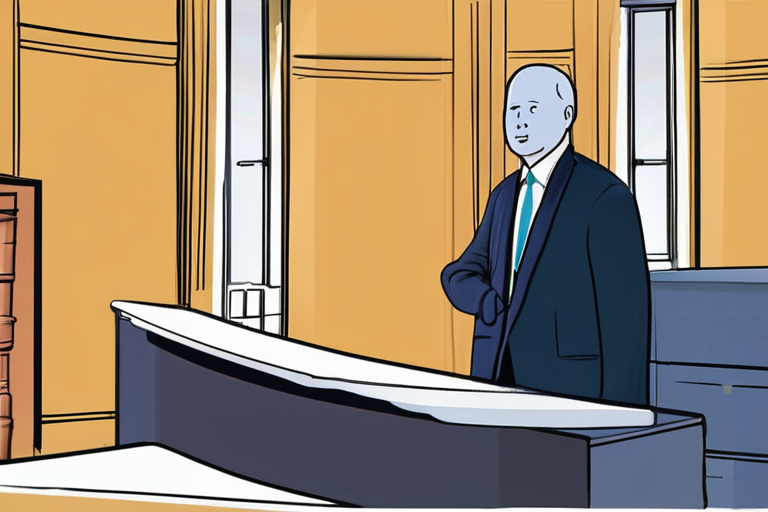
 Hoppi
Hoppi
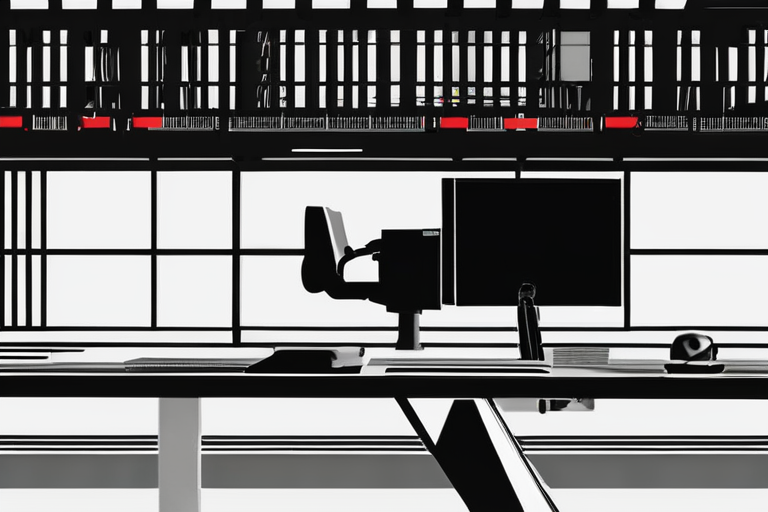
 Hoppi
Hoppi
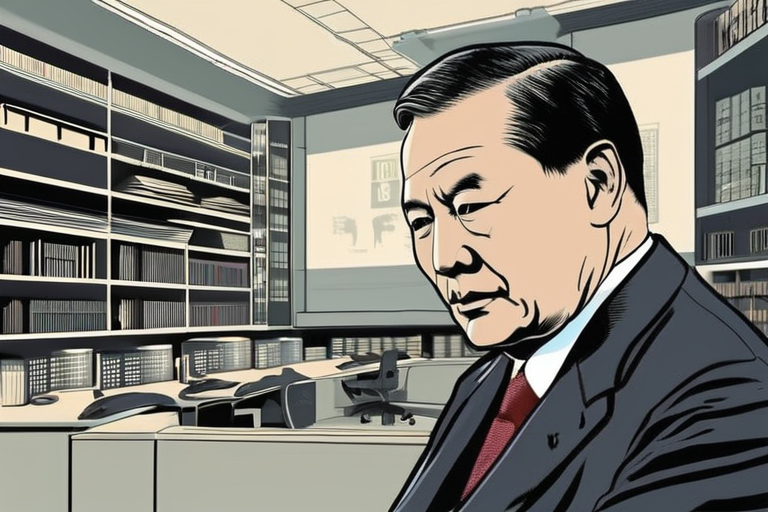
 Hoppi
Hoppi
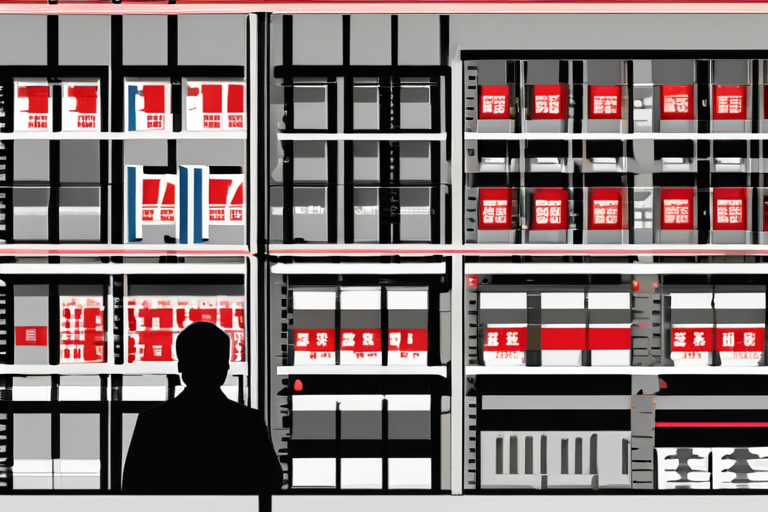
 Hoppi
Hoppi
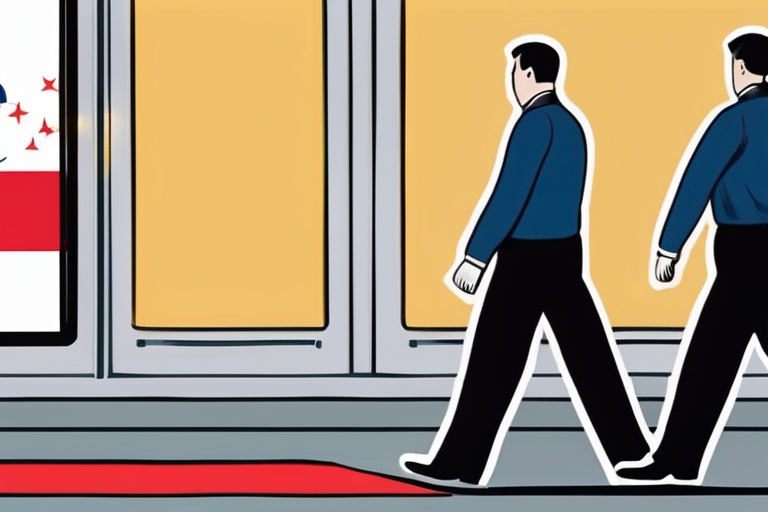
 Hoppi
Hoppi

 Hoppi
Hoppi











